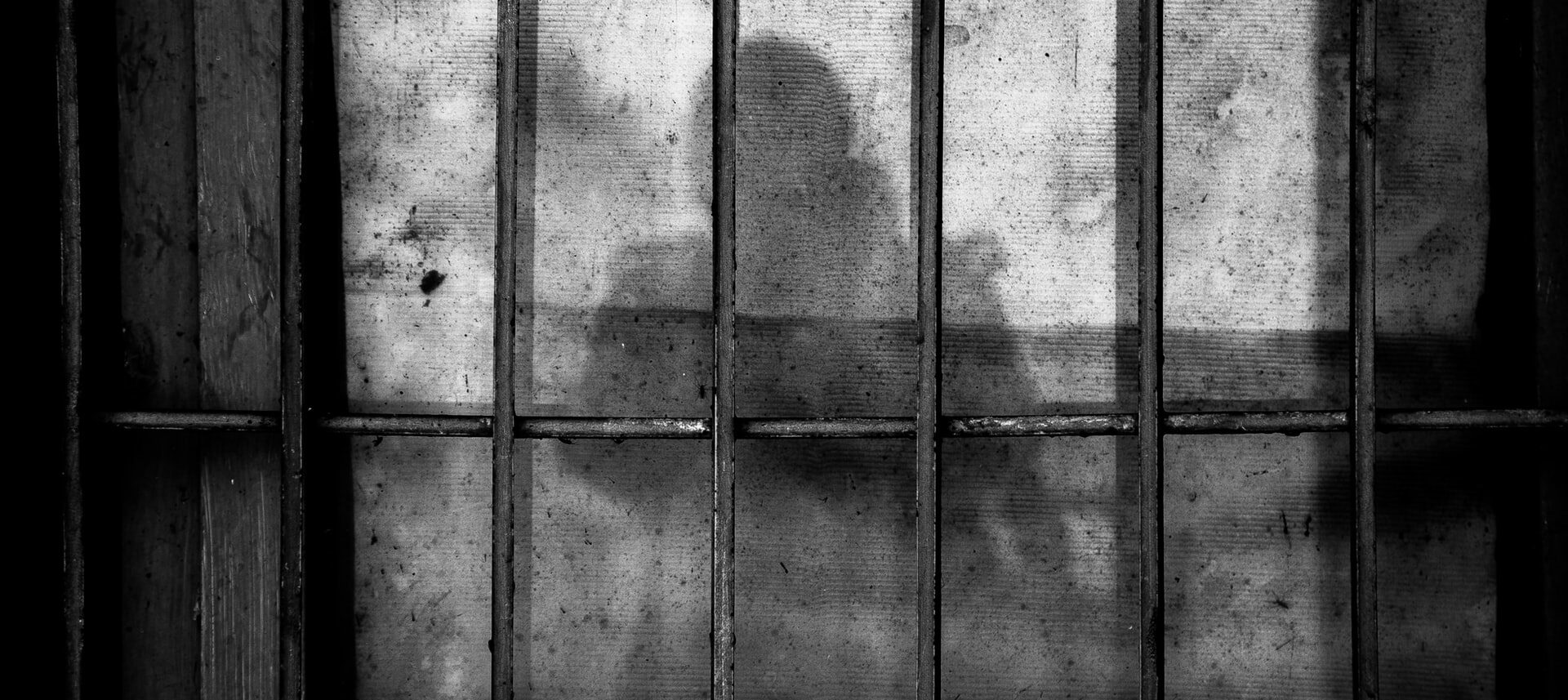What happened in your childhood? We like to believe that the past is the past. But when it comes to ACEs, that isn’t always true. Warning, this post may be triggering to some readers.
What Are ACEs?
ACEs stand for adverse childhood events. These are a collection of 10 difficulties that researchers found increased a person’s likelihood to develop several medical concerns as they age. For many children, these are also traumatic events. Furthermore, they threaten the child’s ability to build secure attachments with parents and others around them.
Abuse
Abuse is the most obvious category of Adverse Childhood Events. Physical, emotional/verbal, or sexual abuse all fall into this category. Of course, physical abuse includes such things as hitting, punching, slapping, or pushing. Likewise, any action which has the potential to cause physical injury or death is physical abuse. Verbal or emotional abuse includes threats of physical harm or anything meant to humiliate or degrade you. Insults, swearing, and put-downs are all verbal or emotional abuse. Finally, sexual abuse is any sexual activity with an adult before you are 18. This can include oral, anal, or vaginal touching.
Neglect
Neglect may be a more difficult to identify, especially as an outsider. It can be deliberate. But other times, it results from a lack of resources or one of the household challenges listed below. Regardless, physical neglect occurs when a family does not meet the child’s physical needs. For example, if a child is not getting the medical care they need or a family does not have enough food, the child may experience neglect. On the other hand, emotional neglect occurs when a child’s emotional needs are not met. This might feel like no one in your family loving you or supporting you.
Household Challenges
While abuse and neglect are things that happen to children, household challenges happen around children. But, the effects are often just as potent. These household challenges include divorce, mental illness, substance use, incarceration of a parent, and exposure to domestic violence. Therefore, any disruption to the stability of the child’s home can have a long term effect.
Long-Term Effects of ACEs
Researchers found that ACEs had several long term effects. In fact, people who experienced just one of these ACEs are at increased risk. As expected, your risk increases with more exposure. The following are some of the health conditions people with a high ACE score are at risk for:
- Diabetes
- Heart disease
- Obesity
- Cancer
- Chronic lung diseases
In addition to physical health concerns, people with high ACE scores are also at higher risk of several behavioral and mental health concerns. These include:
- Substance use
- Suicide attempts
- Depression
- Missed work
- Lack of physical activity
How Does Therapy Help ACEs
Therapy isn’t a magic wand. But it can help reduce the impact of ACEs. People with higher exposure to ACEs benefit from counseling by reducing the chronic stress load experienced by their nervous system. Resolution of that chronic stress can reduce the likelihood of developing some of those long-term impacts listed in the above section. Likewise, counseling also helps parents stop the cycle. Prevention of ACEs is best.
What You Can Do Next
Your first step is to find out your ACE score. If you scored 1 or higher, talk to your doctor and counselor. Typically, a score of 1 or higher means an increased risk. Your doctor should help you create a plan to manage your health risks as you age.





